Description
FOCUS
Ingredients:
Lion’s Mane. Also known as Hericum erinaceus, lion’s mane has been called “nature’s nutrient for the neurons” because of an agent found in the mushroom called nerve growth factor (NGF).
Gingko Biloba extract, from the leaves of the Ginkgo biloba tree, has been used extensively in traditional Chinese medicine for centuries. Considered an adaptogen, gingko has sparked considerable interest in recent decades for its potential to aid circulation and act as an antioxidant.*
Eleuthero. With its trademark forked root system, eleuthero (popularly known as Siberian ginseng) has become extremely popular in the past fifty years and is widely cultivated for use in a variety of health-oriented formulas and extracts.
Wheatgrass Juice is the fresh juice pressed from the grass of sprouted wheat. Rich in antioxidants, wheat grass contains no wheat allergens (such as gluten) and is rich in antioxidants. A concentrated source of phytonutrients, wheat grass is high in vitamin A, vitamin C, vitamin E, iron, calcium, magnesium, and amino acids. Wheat grass has gained popularity in the past several decades for its concentrated nutrition and rich array of minerals and enzymes. An excellent source of chlorophyll and the antioxidant enzyme superoxide dismutase, wheatgrass provides superior whole-food nutrition.
Bee Pollen. Sourced from honey, bee pollen contains vitamins, minerals, carbohydrates, lipids, and protein. Considered one of nature’s perfect foods, bee pollen is rich in natural nutrition.
Noni. The noni tree is a small evergreen grown on volcanic soils that produces a bitter yellow fruit. Revered by native Polynesian folk healers for centuries, noni contains vitamins A and C, niacin, iron, potassium, lignans, poysaccharides, fatty acids, flavonoids, and antioxidant catechins, along with dietary fiber. Native Polynesians refer to it as the “painkiller tree.”
Organic Wild Microalgae [Aph. Flos-Aquae]. Our own organic Wild Microalgae is the only edible freshwater algae in the world that grows abundantly in the wild, and is considered one of the most nutrient-dense foods on earth. Fed by mineral-rich waters and the region’s abundant sunlight, Klamath Lake’s wild microalgae is rich in phytonutrients, plant-based proteins, minerals, and essential fatty acids, as well as a wide spectrum of micronutrients, making it a profoundly nourishing food that provides a broad range of benefits.



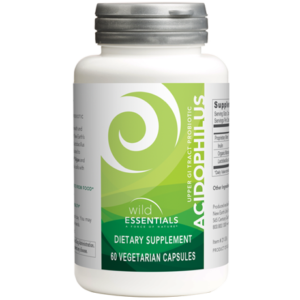
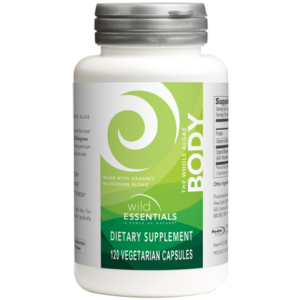
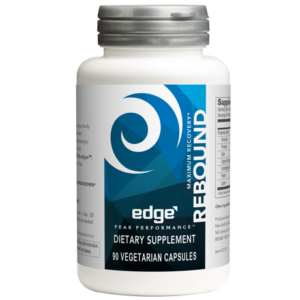
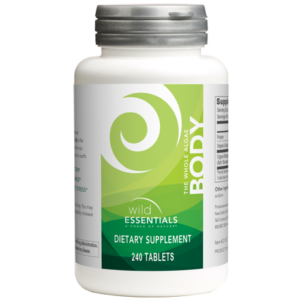
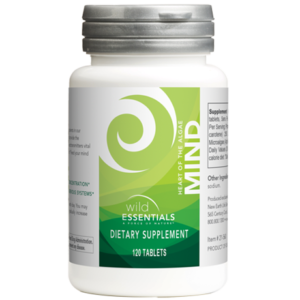
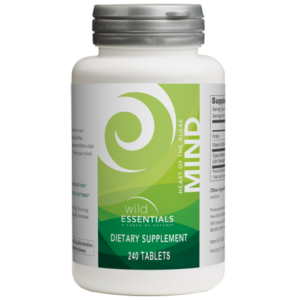
Reviews
There are no reviews yet.